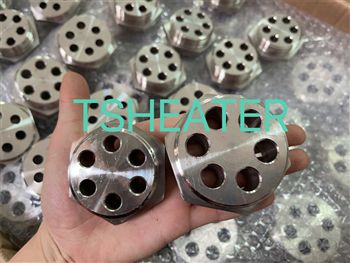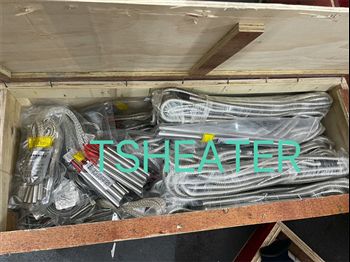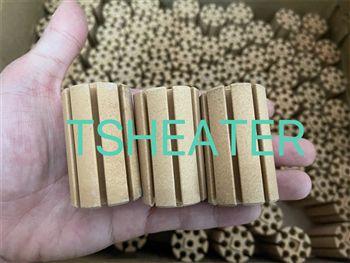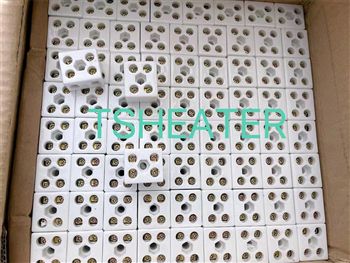
Nov 10 2022

Nov 15 2022

Nov 17 2022

Nov 18 2022
The user's understanding of the electric heater has not yet reached the level of full familiarity with the electric heater, so there are some concerns in practical applications, including the energy saving of the electric heater. Points for use of electric heaters: Cleaning tips for electric heaters, etc. will be answered one by one.
If we want to achieve power savings, we recommend an instant electric heater. Because it does not need to waste heat in advance, it does not generate heat loss, which really saves energy, electricity and water.
The relevant data proves that compared with the traditional electric heater, the instantaneous electric heater saves 30%-50%, so in the case of lack of water and electricity, the instantaneous electric heater is a product worth promoting.
At present, there are many similar energy-saving electric heaters on the market, which not only have outstanding energy-saving effects, but also have more functions than conventional equipment. In order to reduce security risks, the operation of the power supply is the key to use.
If you need to use an electric heater every day, don't turn off its power. If it is used for 3 to 5 days or more, the power supply of the electric heater should be cut off at ordinary times to ensure safety.
In addition to the power switch, you need to master the cleaning skills of the electric heater, especially its inner tank. Whenever the season changes, you need to clean the inner tank.
When cleaning, first cut off the electric heating power supply, close the inlet valve; then open the outlet valve, rotate the plastic drain plate on the safety valve counterclockwise and reverse 90 degrees, waiting for the water and sediment inside the electric heater to be naturally discharged. Then pour in tap water for cleaning, and then rotate the drain ear to its original position.
It should be remembered that unless the electric heater is filled with water, power cannot be supplied, otherwise the risk of dry burning is likely to occur.